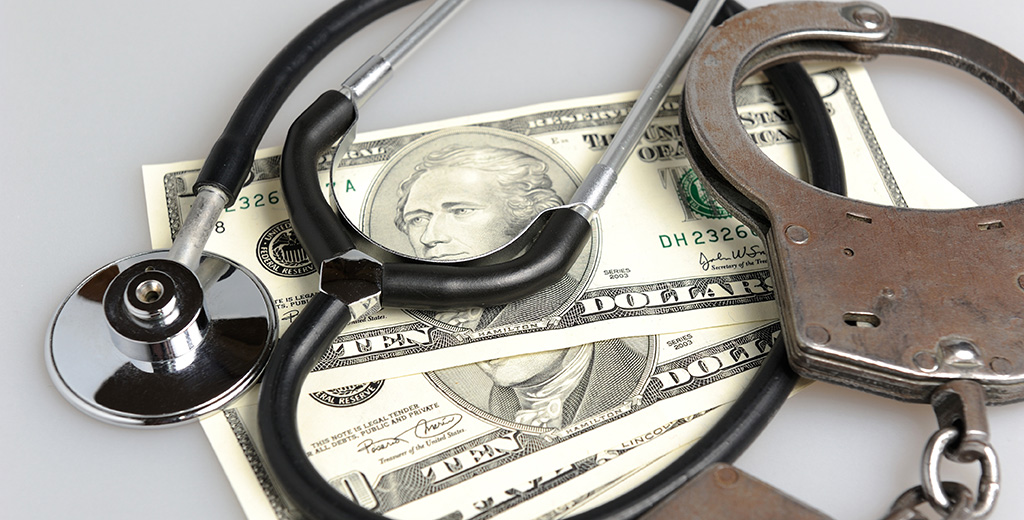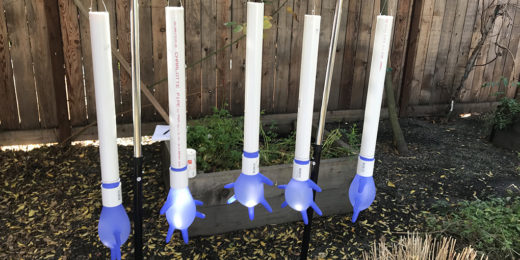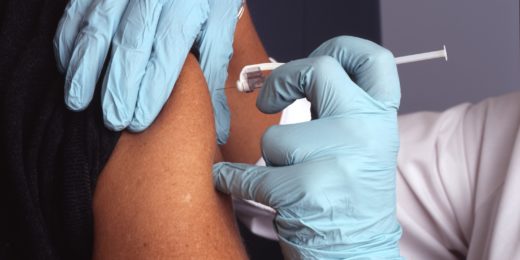While the pandemic brought out the best in many people -- including those who delivered food to elderly neighbors, sewed masks and risked their lives to care for afflicted patients -- it also created opportunities for lawbreakers.
Health care fraudsters took advantage of federal agencies' and private insurers' relaxed rules, which allowed patients to be treated without having to visit hospitals and clinics, said Tina Hernandez-Boussard, PhD, associate professor of biomedical informatics and of biomedical data science. In September 2020, the U.S. Department of Justice made a record-breaking bust: It charged 354 people in various illegal schemes that resulted in about $6 billion in losses. Some of them were from physicians offices that charged for visits that didn't occur; others were scam artists posing as providers.
Health care fraud is always a problem, Hernandez-Boussard said, but "the pandemic just opened more opportunities for fraud and abuse of the system."
Hernandez-Boussard is the senior author on a white paper about pandemic-related fraud, released by the Healthcare Fraud Prevention Partnership on Jan. 13. It outlines many of the ways con artists took advantage of loosened regulations, people's desperation to be tested or vaccinated and other opportunities created by the pandemic.
She and her colleagues spent months interviewing representatives from health insurance companies, federal and state health care agencies and law enforcement. They found the greatest increase in fraud in the telemedicine arena.
Loosened regulations
Before the pandemic, government and private insurers covered virtual visits in limited situations -- for example, only after patients had seen a provider in person and only for certain conditions. Once regulations were loosened in March 2020 to help stem the spread of the coronavirus, Hernandez-Boussard said, some providers were billing for more visits than there are hours in a day. Con artists pretending to be from provider organizations were also calling patients, asking for their health insurance information and submitting bills for non-existent visits.
"There were 'visits' happening that didn't really occur," Hernandez-Boussard said. "People were very scared during the pandemic so there were a lot of opportunities for bad actors."
Loosening of rules for prescribing treatment or medications -- allowing prescriptions to be refilled without physician visits, for example -- led to an increase in prescription fraud, the white paper noted. The number of early refills of controlled substances grew, and providers were investigated for writing opioid prescriptions that were not medically necessary.
Scammers also preyed on people's eagerness to be tested and vaccinated, Hernandez-Boussard said. Before the coronavirus vaccines were available to the general public, they set up tents in parking lots or booths in malls announcing they were offering tests and, as they became available, vaccines. Then they collected people's insurance information, promising to set up an appointment, but instead used the information to bill insurance companies. Fraudsters were also charging people to set up fake vaccination appointments, the white paper notes.
In addition, some unscrupulous providers were trying to use the pandemic as cover for unnecessary billing, Hernandez-Boussard said. "Cardiac MRI [magnetic resonance imaging] is really unnecessary when testing for patients who are asymptomatic. Yet we saw a lot of providers would order the cardiac test for all their patients."
Early in the pandemic, when personal protective equipment was in short supply, fraudsters were selling poor-quality PPE and passing it off as approved by the National Institute of Occupational Safety and Health, according to the white paper. Some were charging for PPE that never arrived.
Old schemes, new opportunities
"All these forms of fraud are not new," Hernandez-Boussard said, adding that in many instances, fraudsters repurposed schemes that had been in use before the pandemic.
She said regulations will remain loosened for now. "We're still in a national emergency," she said. She also expects that telemedicine -- which jumped nationally from 4% of all visits in the first quarter of 2020 to 35% in the second quarter -- will remain popular.
"I don't think we'll ever go back to 4% telemedicine," she said. "People like it. They don't want to drive four hours to see a specialist."
To fight the fraud, Hernandez-Boussard said, agencies, insurance companies and law enforcement need to start sharing information. They can look first at the tried-and-true scams that existed before the pandemic. And when new protocols arise they can start thinking immediately about how to monitor to avoid fraud, waste and abuse.
"They need to talk more regularly so the fraud can be addressed in a more timely manner," she said.
Photo by alexstr






